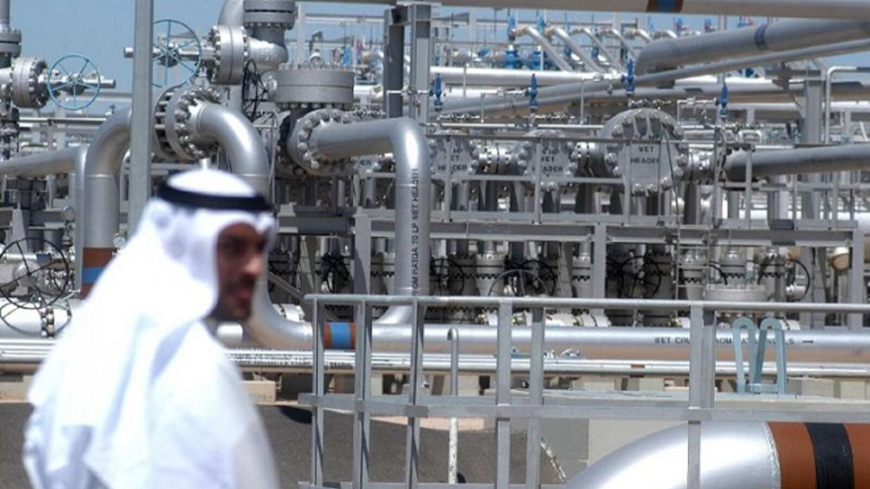DUBAI — Gulf countries must undertake much deeper reforms or risk seeing their wealth drain away in 15 years as global demand for oil slides, the International Monetary Fund (IMF) warned on Thursday.
"At the current fiscal stance, the region's financial wealth could be depleted by 2034," the IMF said in a study on "the future of oil and fiscal sustainability" in the region.
The Gulf countries, which heavily depend on the "black gold" that has enriched them for decades, have no choice but to accelerate and widen economic reforms to avoid becoming net borrowers, the IMF said.
The Gulf Cooperation Council (GCC), which groups Bahrain, Kuwait, Oman, Qatar, Saudi Arabia and United Arab Emirates, accounts for a fifth of the world's crude supplies and oil income makes up 70-90 per cent of public revenues.
Banking on hefty oil revenues over nearly two decades through 2014, the six nations controlled by ruling dynasties accumulated some $2.5 trillion of financial assets invested mostly overseas through sovereign wealth funds.
But the oil price shock of mid-2014 has battered the finances of GCC nations, drastically reducing their revenues and forcing them to borrow and draw down on their assets to plug persistent budget deficits.
GCC gross domestic product plummeted as a result, with the IMF estimating the economies grew by just 0.7 per cent last year from an already meagre 2 per cent in 2018 — far from rates of above 4 per cent before the oil crash.
The global energy market is undergoing fundamental change as new technologies are increasing supply, while concerns over climate change see the world moving towards renewable sources, the IMF said.
"This outlook spells a significant fiscal sustainability challenge for the GCC region," which must adapt for the combination of long-term low demand and prices, the global lender said.
Good times are over
A legacy of sharply rising expenditure during 2007-14 thanks to high oil prices, followed by a steep decline in hydrocarbon revenues, has weakened fiscal positions in the region, it said.
The resulting deficits lowered the region's net financial wealth during 2014-18 by around $300 billion to $2 trillion, according to IMF estimates. The drop now is believed to be even deeper.
GCC government debt rose from around $100 billion in 2014 to nearly $400 billion in 2018.
As a result, net financial wealth is on track to turn negative by 2034 or even faster, turning the region into a net borrower, the report said.
Most GCC countries have embarked on economic diversification and reform programmes that include subsidy cuts, raising power prices and even imposing value-added tax and other forms of taxation.
"Ongoing reforms are moving the GCC region in the right direction, but they need to accelerate," the IMF said.
Rapid diversification of economies will not be enough, the IMF warned, saying the process should be accompanied by reductions in government expenditure and the introduction of broad-based taxes.
GCC nations must also rationalise spending, reform their large civil service sectors, and reduce public wage bills which are high by international standards.
Most Gulf countries see these measures as highly sensitive and a political risk because of the potential adverse affect on citizens who have grown accustomed to subsidies and low taxes.
The proposed measures "would have a multitude of socioeconomic consequences affecting employment, household incomes, and business confidence and investment", the IMF admitted.
